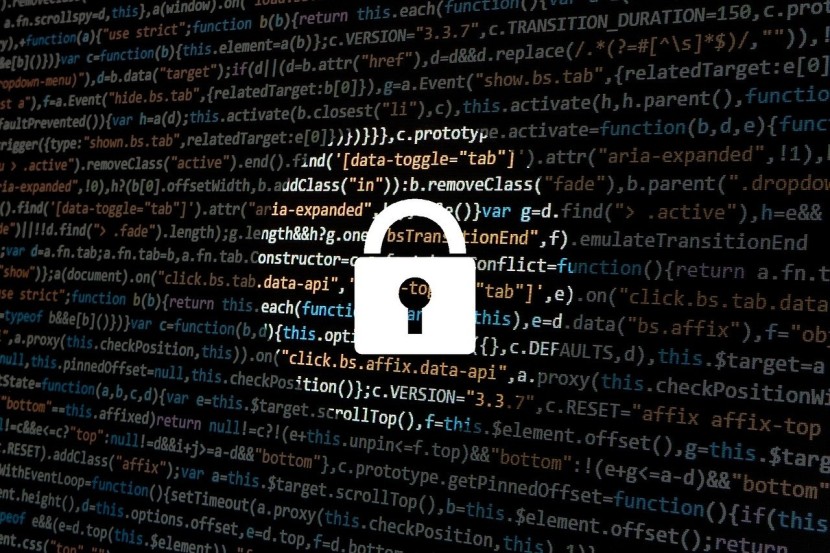
Discover what types of IT attacks will be the most common in 2020 and learn how to prevent them in order to protect your business from a devastating breach.
Do you know what types of cyberattacks will be the most common in 2020? Are you aware of the best ways to defend your business from these potentially devastating attacks? If not, take a look at what leading IT experts have to say on the topic. Their advice can help you ensure your business is protected so that you don't experience downtime, lost income, legal action, lost consumer trust and the many other horrific consequences of a successful data breach.
What are the Biggest Threats?
Holden Watne from Generation IX asserts that ransomware attacks are likely to become more common this year; however, others disagree. Laith Pahlawan from The Orange Crew notes that ransomware attacks seem to be decreasing, at least in the United States. Evan Eakin from Elevate Services Group notes that many cybercriminals will likely switch from ransomware to using other types of malware to lock up data. Even so, the outcome is still the same as that of a ransomware attack as victims would be faced with a choice between paying the hackers or having its business data published online.
However, there is one type of attack that all the experts agree will become increasingly common this year and that is phishing attacks. Holden Watne notes that targeted phishing attacks will be a problem in the coming years as bad actors acquire user information needed to impersonate executives or business owners and then trick unsuspecting employees into wiring money to a particular account. Phillip Baumann from BoomTech Inc. concurs, as does Evan Eakin, who points out that phishing attacks grew by 200% in 2019 and will continue to be the primary attack vector for the foreseeable future.
Laith Pahlawan reports that cybercriminals are turning to social engineering to create targeted attacks that make it all too easy for anyone to click on the wrong email attachment, pop-up, or website. Attackers then use the information gained from the successful attack to access all a user's information, be it company-related or private. This information can then be used to change banking instruction and make off with hundreds of thousands or even millions of dollars. It's a slow yet profitable attack method as cybercriminals take as long as they need to get to know a victim before sending what looks like a legitimate email to him or her or using that person's account to send what looks like a legitimate email to a subordinate, contractor or client. Sadly, victims don't realize that they've been successfully breached until a large sum of money goes missing, and this money is often irrecoverable.
What are the Best Ways to Defend Your Business?
Phillip Baumann bluntly states that the biggest threat to your business is not a distant cybercriminal but you and your employees. He highly recommends ongoing cybersecurity training for business owners and staff members alike; what's more, his company regularly sends clients phishing emails to see if employees have the skills needed to detect suspicious emails. Those who fail the test are given more training to ensure they are able to handle business communications in a safe, efficient manner. Holden Watne likewise puts a premium on employee education and ongoing testing but also suggests that companies use a secondary email filter and next-generation firewall. Furthermore, he rightly points out that it's imperative for businesses to have backups of all their data and critical systems. Thankfully, there are many strong secure back-up solutions on the market for users to pick from, including automated cloud-based back-up systems that will automatically back up your entire IT system at pre-determined intervals.
Laith Pahlawan, on the other hand, emphasizes the importance of basic cybersecurity best practices such as changing passwords regularly and requiring employees to verify any money processing instructions by phone. He also points out that it's wise for companies to hire an IT managed service provider to continually monitor company IT activity. IT MSP technicians have the training, tools, and expertise needed to spot suspicious behavior and protect your business from potential breaches. Evan Eakin likewise recommends partnering with an IT MSP to secure your data and systems.
The Takeaway
Phishing is clearly the greatest threat that businesses will face this year; however, it's not the only type of attack you need to be on the lookout for. Thankfully, you don't have to protect your business on your own as IT MSPs can offer the affordable, expert IT assistance you need to keep your business safe from breaches at all times. Many of these companies offer employee training and testing, the most highly-recommended methods of protecting your business from phishing attacks. What's more, an IT MSP can offer you email monitoring services, a reliable firewall, and other tools that will enable you to focus on growing your business without worrying about hackers gaining access to your invaluable data.
© 2026 HNGN, All rights reserved. Do not reproduce without permission.








